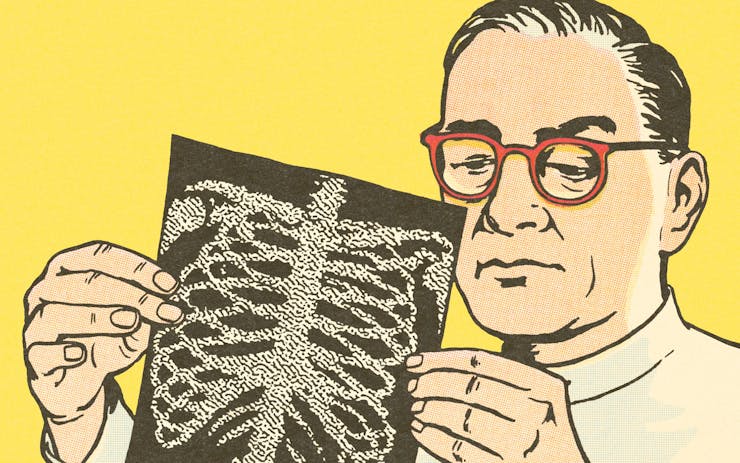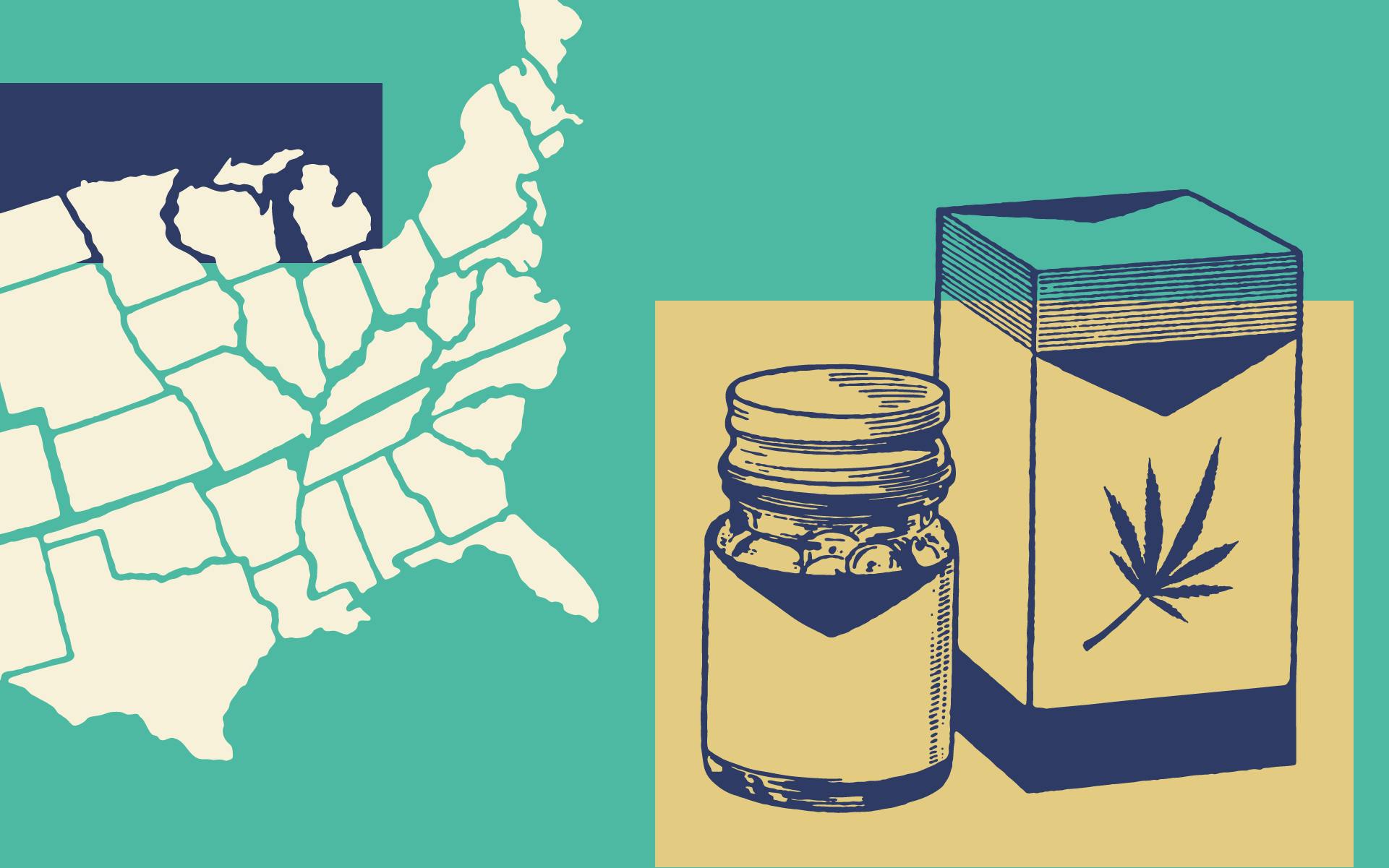As Maryland approaches the first anniversary of legal medical marijuana sales, the state system is showing signs of maturing. Roughly 35,000 patients are now registered, 69 dispensaries are licensed, and even infused edibles could be available to patients before long.
The inaugural Maryland Medical Cannabis Forum, held earlier this month in Baltimore, discussed these and other developments as part of its goal to provide up-to-date information to Maryland doctors about the state of medical cannabis research and practices.
Looking for Medical Marijuana in Maryland?Here were our top 7 takeaways:
1. Edibles Are (Probably) Headed to Maryland Dispensaries
Joy Strand, executive director of the Maryland Medical Cannabis Commission, hit a hot topic for patients when she acknowledged that many don’t want to smoke or vape cannabis and would instead prefer to consume infused edibles. Dispensaries are especially seeing this with elderly patients, she said. While the commission is actively working on a program to allow edibles, though, it’s not yet clear when products will be approved. Officials are still working out the details.
2. Emerging Cannabinoids Are on the Rise
Sure, you’re probably already familiar with THC and CBD. But Jokūbas Žiburkus, a neuroscientist and the CEO of Canntelligence, a research center at the University of Houston, argued that emerging cannabinoids are the future of medical cannabis. Cannabinoids act as keys that fit into the various locks of our natural endocannabinoid systems, he explained. Less common cannabinoids, such as CBG, CBN, CBC, and CBDV, could offer a range of unexplored therapeutic benefits.
3. Terpenes Are Helping to Categorize Cannabis
Our sense of smell is an age-old way to determine if a cannabis strain is right for you, Žiburkus explained, and there’s a good reason for that. Nearly all of a strain’s scent is a result of its terpenes, the aromatic oils that imbue cannabis with an array of flavors. Beyond taste and odor, though, these terpenes likely play a key role in the effects a particular cannabis strain can have on your body and brain.
Žiburkus believes that terpenes will soon be the differentiator among strains, replacing the traditional indica–sativa divide. He foresees dispensaries arranging products by terpene type, allowing patients to choose based on terpenes associated with the kind of relief they are seeking.
4. Cannabis Is Going Global
With Canada’s legalization of adult-use cannabis, Mexico’s recent Supreme Court ruling overturning prohibition, the approval of medical cannabis in the UK, and further developments in Germany and other parts of the world, Žiburkus sees a global paradigm shift unfolding. As a part of that shift, he said, the way global consumers use cannabis could change. Reintroducing the hemp plant back into our food chain, for example, could help realize certain health benefits. According to Žiburkus, endocannabinoid system deficiencies—such as migraines, fibromyalgia, irritable bowel syndrom, neurotransmitter diseases, and epilepsy—may be caused by the fact that we consume far less hemp (as food) as we used to.
5. Cannabis Is Being Used to Treat Addiction and Prevent Opioid Dependency
Dr. Dustin Sulak, a Maine-based physician, explained the role cannabis can play in helping reduce dependencies on opioids and other prescription medications. While cannabis has recently come into the spotlight as an alternative for those struggling with opioid addiction, Sulak instead focused on the synergistic effects of prescribing opioids and cannabis for pain. Because the body’s opioid and cannabinoid receptors are near each other, he said patients can sometimes lower their opioid dose by adding a complementary cannabis dose. The practice allows patients to take smaller amounts of opioids by turning an otherwise insufficient dose of opioids into a viable option for pain reduction. Additionally, Sulak said, patients don’t build up the same tolerance over time that they do when using opioids alone.
Shop highly rated dispensaries near you
Showing you dispensaries near6. Elderly Patients Will Drive The Next Medical Cannabis Wave
Tim Seymour, an investment expert and CNBC personality, led a panel discussion about trends that medical professionals are seeing in cannabis patients. Sulak, who has worked with 18,000 cannabis patients, said that he initially saw many coming in for pain reduction, followed by a shift toward pediatric neurology. Today, he said, he encounters a large number of patients who are elderly. Many of these older patients are seeking to replace other medications or manage issues such as pain management, Alzheimer’s disease, or end-of-life anxiety.
7. The Knowledge Gap Remains
As doctors in Maryland increasingly open up to the medical benefits of cannabis, there’s a persistent gap in communication and education among patients, physicians, and dispensaries, panelists said. With cannabis not traditionally included in medical training and federal prohibition having long stymied the bulk of clinical research, physicians can understandably feel unprepared or hesitant to address the use of cannabinoids. Another challenge is that cannabis is a particularly individualized treatment, with no turnkey treatment regimen or standard dosing. And because cannabis isn’t dispensed through regular pharmacies, there’s no guarantee that the patient will even have access to doctor-recommended products, such as high-CBD strains. The MMCC has been recognizing these gaps over the past year, panelists said, and is currently developing programs to address them. Regulators are also working to get a clinical director in each dispensary and said to expect more Maryland cannabis legislation in the coming year.






